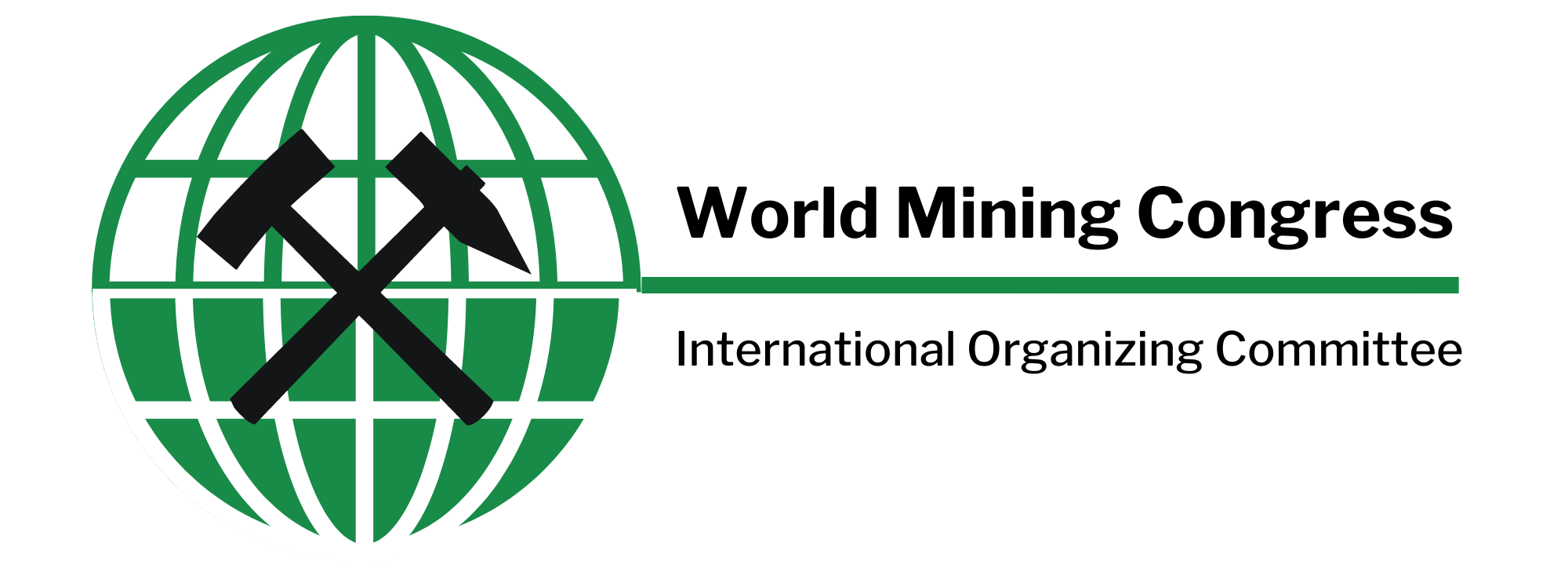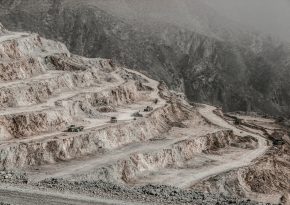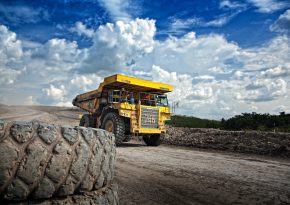10th June 2025 13 Strategic projects – strategic milestone for Europe’s economic security
The European Commission has unveiled its first list of 13 Strategic Projects focused on critical raw materials located outside the EU. This initiative complements the previously adopted 47 Strategic Projects within the EU, all contributing to a more resilient and competitive Europe.
Project aims
The projects, part of the Critical Raw Materials Act, aim to: diversify the EU’s sources of raw materials, enhance economic security amidst global geopolitical tensions, and support key industries like electromobility, renewable energy, defence, and aerospace.
The selected projects span Canada, Greenland, Brazil, South Africa, Ukraine, Serbia, and more. The focus areas include lithium, nickel, cobalt, manganese, graphite, rare earth elements, copper, tungsten, and boron. Moreover, these projects prioritize sustainability, mutual benefits, and compliance with stringent EU environmental standards.
Strategic projects
The EU has committed to 60 Strategic Projects by 2030 to secure raw material supply chains. The selected projects will benefit from: coordinated support by the EU Commission, Member States, and financial institutions, facilitated access to €5.5 billion in capital investment, and stronger collaboration with strategic partners globally.
As Commissioner Stéphane Séjourné noted: „Today’s list of 13 Strategic Projects across the world will help to reduce Europe’s dependencies, contribute to our economic security while creating growth, jobs and export opportunities in the countries concerned.”
The EU list is in line with the Critical Raw Material Act agreed in 2023, where the bloc aims to mine 10%, process 40%, and recycle 25% of its needs by 2030.
Political tensions
Some of the projects may approach political tensions. For instance graphite project in Ukraine and Greenland, with the project in Greenland run by GreenRoc Strategic Materials. Greenland is a hot spot of discussion between Brussels and Washington. Moreover, the Jadar Project in Serbia was subjected to lithium, boron, and rare earth elements extraction approaches in 2022, a major environmental protest that resulted in the revocation of the miner’s license. The Supreme Court later restored Rio Tinto’s license. According to Rio Tinto’s statement, „With an estimated production of 58,000 tons of lithium carbonate annually, Serbia has the potential to become a key player in the electric vehicle supply chain.”
Together, these initiatives mark a crucial step toward securing Europe’s industrial future
World Mining Congress
2026The 27th World Mining Congress will be organized in 2026 in Peru. Detailed information can be found either on the 27th WMC official webpage or the second circular.
IOC / WMC Meeting
2025The 106th IOC/WMC meeting will be organized on September 18th 2025 in Jakarta, Indonesia.










